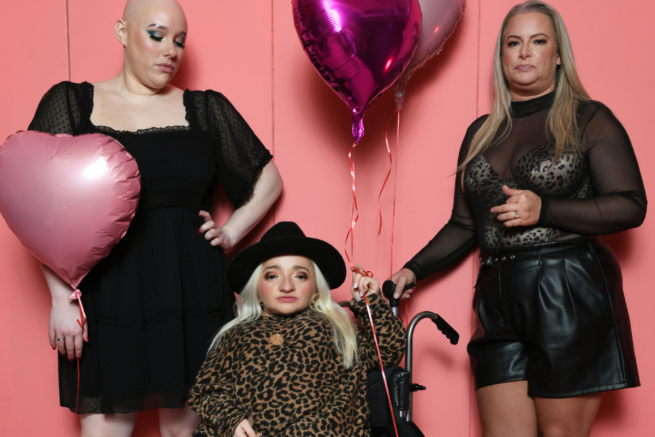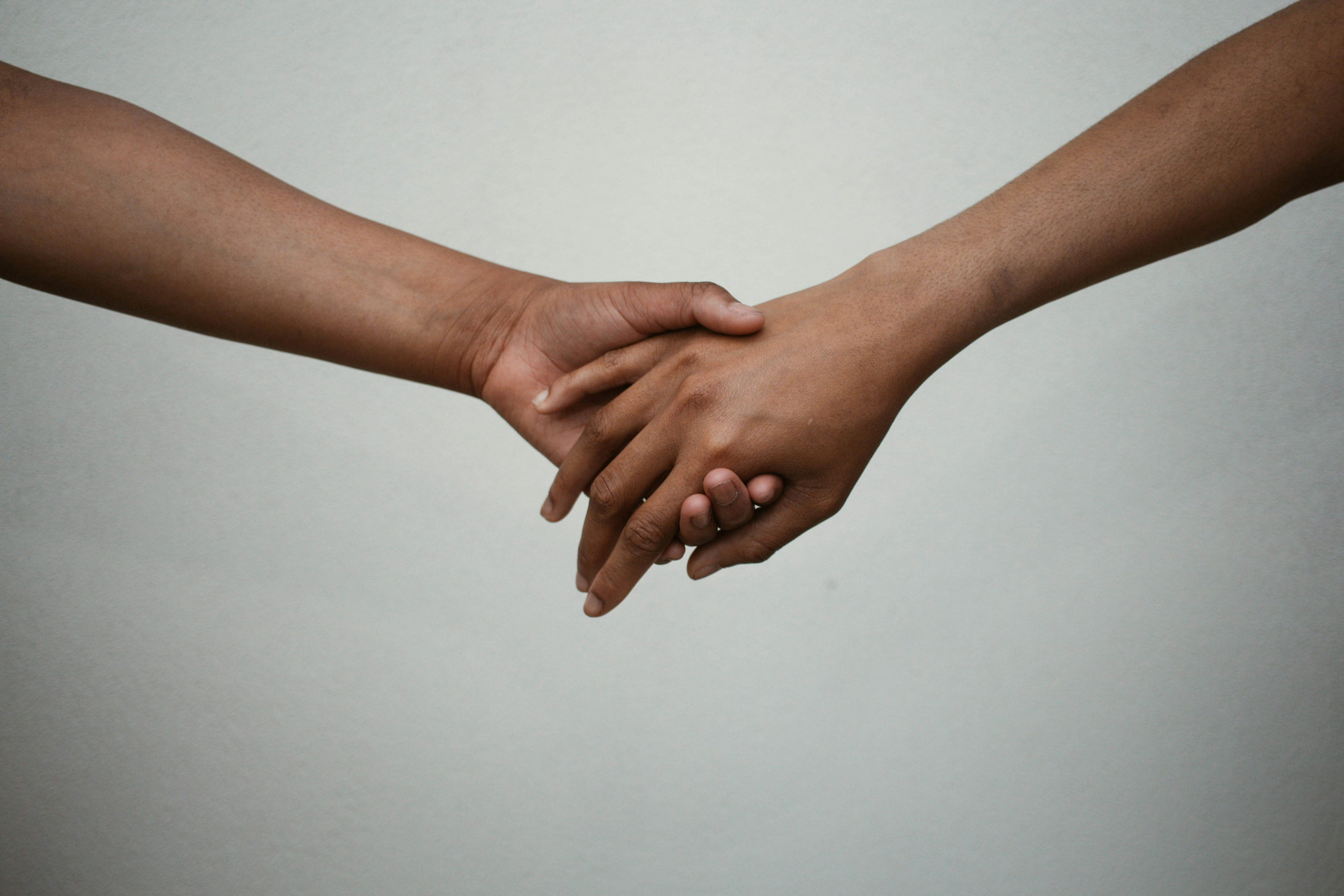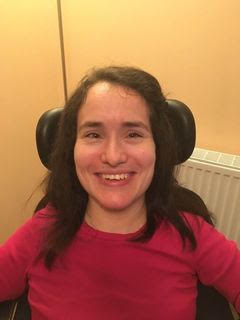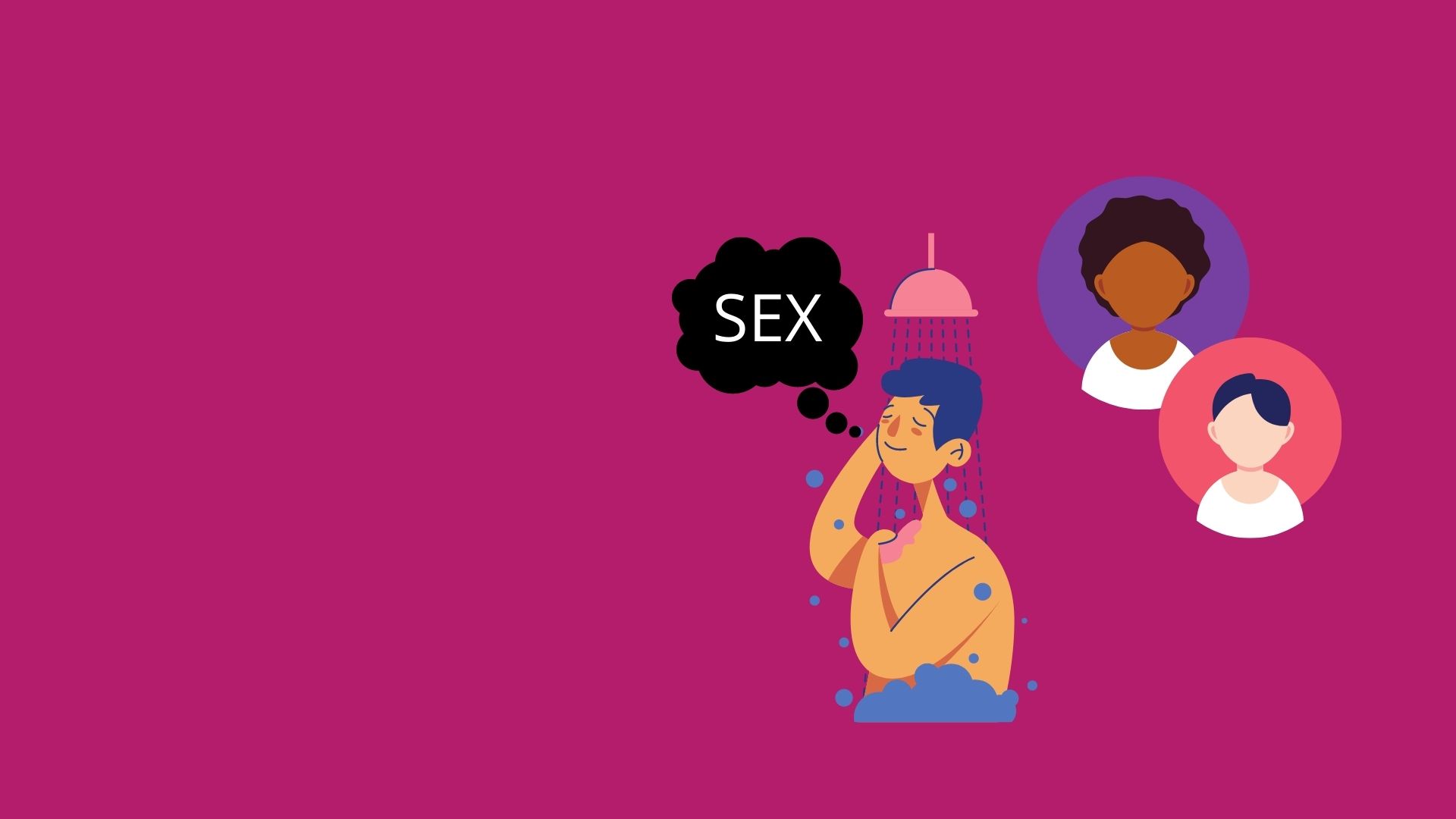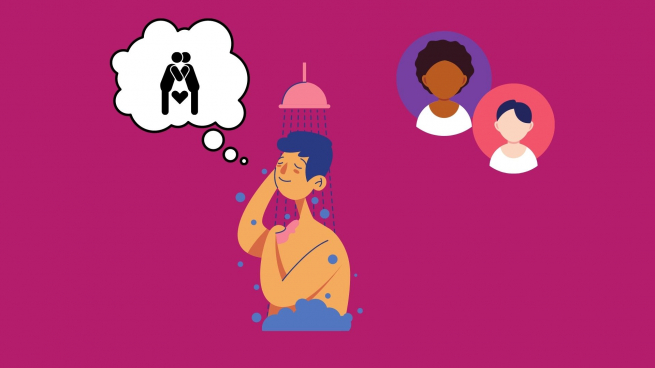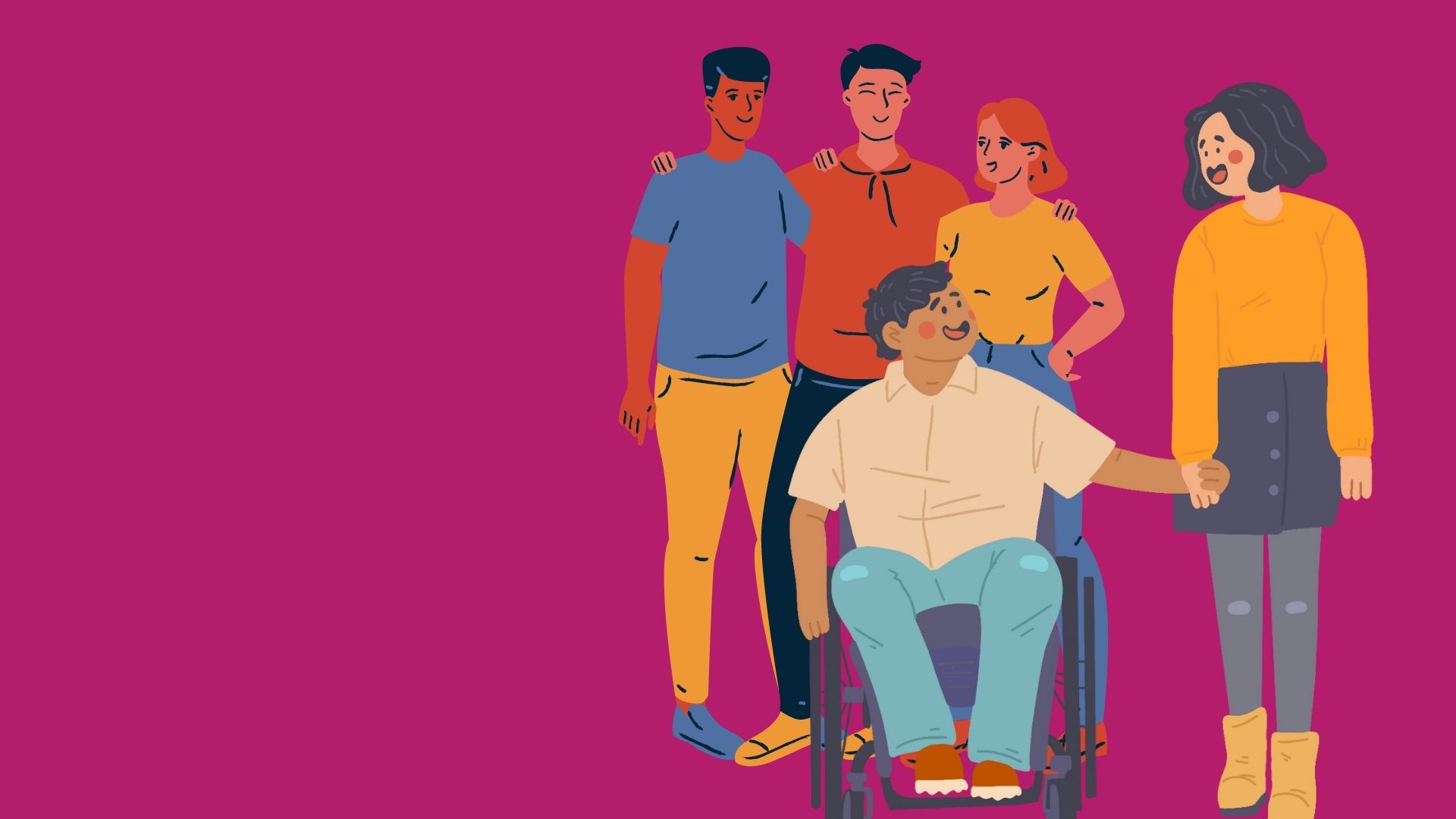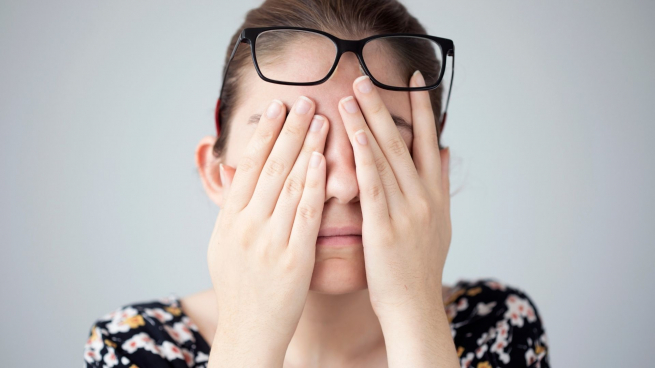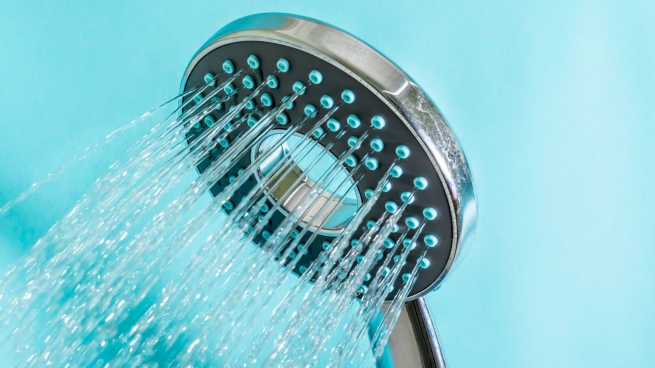Most well rounded, emotionally available people would like to think they are somehow impermeable to bias. That being a good human arms you with a cloak against the unconscious bias that seeps in all around us.
Unfortunately, the “good person, bad person” binary doesn’t exist when we look at prejudice and discriminatory ideologies and actions. Truth is we are all born into a world where harmful stereotypes and tropes are systemic, institutional, and darn insidious in their nature. We all inhale the unconscious bias smog that seeps in around us, through our media and social structures
This also includes me.
Oh yes, for years my ableism was real and stank!
What’s more important however is how I got to where I am today. As a proud Disabled woman.
At the ripe old age of thirty-eight, I’d describe myself as a cat mum, Buffy The Vampire Slayer über fan, home interior enthusiast. An actor, broadcaster, podcast host and consultant yet, my most treasured accolade to date is being able to say, without hesitation, that I am a proud Disabled woman.
This, however, did not happen overnight. Coming to this conclusion and feeling it deep within my soul, in every ounce of my being, took years and still sometimes feels like an uphill battle just to maintain.
For the past twelve years I’ve devoted almost all of my career and free time supporting and learning more about Disability culture and the Disabled community. Trying my best to amplify the voices of my fellow community whilst learning to love my own difference and feel pride in a part of my life that holds such presence in my day-to-day life.
I was born with a condition often referred to as Brittle Bones, essentially my body does not produce type one cologne. This means my bones and organs are weak. I’ve had hundreds of fractures throughout my life and as a baby would be carried like a prized chihuahua on a cushion, too fragile to be cradled typically how babies would (this fact often makes me chuckle, as I question where my Diva behaviour comes from – (Clearly, we have the answer.)
I was the only person in my family with this condition and it came as a surprise to them all.
Two years ago, I published my memoir You Are The Best Thing Since Sliced Bread and during this process I had the pleasure of interviewing my mum. Heartbreakingly she describes my birth more like a bereavement rather than a day of joy and celebration. Not only did no one come to the hospital to beam congratulations or go for a few drinks to wet the baby’s head. No, they all saw my birth as a tragedy. Even the doctors who delivered me braced my young parents for the worst: “I’m so sorry there is something wrong with your baby” an all too familiar sentence.
You see, not only had I come into this world with a diagnosis – brittle bone disease – but I came into this world with a label. That label was Disabled.
Synonymous with shouldn’t, couldn’t and wouldn’t.
I’ve spent all my life negating those labels. Yet, even as tenacious and feisty as I am, I too fed into the belief that Disabled meant lesser than. Less cool, less accomplished, and worst of all less deserving.
I grew up with the same teenage angst and body image issues as most kids but on the whole, I liked who I was for the most part. I was sociable and had many friends. Sure, as I grew the more, I noticed how my Disability was an issue for others, but I still had a good grounding in self-love. I liked me, but I really didn’t like other Disabled people.
In fact, growing up I didn’t ever mix with any other Disabled kids outside the parameters of going to my annual check-up at my specialist hospitals.
Then and only then did I meet other people in wheelchairs or with the same condition as me, brittle bones. When I looked at them, all I saw were the stereotypes or at least that’s what I convinced myself I saw.
Truth is, I was so scared to identify with any part of my Disability identity that I didn’t allow myself to even befriend or acknowledge others from my community.
This may come as a shock to some of you reading this as horrible as my ableism was, I wouldn’t say I am ashamed to admit that this is how I spent most of my childhood and young adulthood, rejecting disability culture and other Deaf and Disabled people.
Can you blame me?
I had no one telling me it was okay to be Disabled, more than ok, it was beautiful, and I should be unapologetic about it.
I had no one tell me I was allowed to feel pride and love for a part of me that had shaped who I am today. No one had told me that I could be loved as a Disabled woman or feel like I could be admired and cherished.
I had convinced myself that the only way I could and would be accepted by society was if I shunned anything that encapsulated any part of my Disability identity.
This, however, was a very lonely path.
Not only because I needed to be told that I am worthy of everything life has to offer and more but also because other Disabled people are bloody amazing and I absolutely needed some of that energy in my life.
I’d lived in a world that pushed the divide and conquer narrative because alone we are easy to manipulate. Alone, we are not strong, alone we are vulnerable.
What I really needed was my tribe. Because once I found them my life changed forever.
This is where I do a shameless plug for my memoir You Are The Best Thing Since Sliced Bread available in hardback and audio, to find out exactly what happened when I embraced my Disability identity, my tribe and my community.
You can purchase You Are The Best Thing Since Sliced Bread by visiting this link to the Amazon website.




